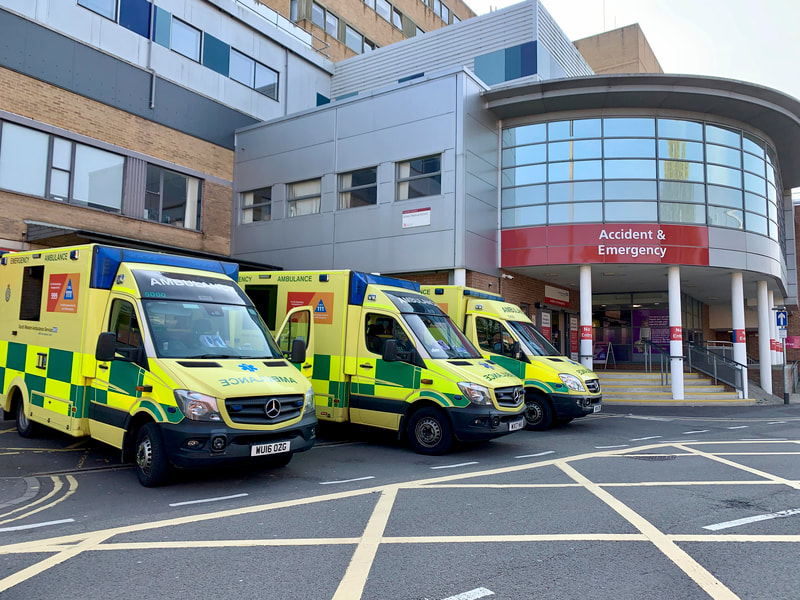ANDREW PARK P.C.
LAW OFFICE
212-239-3680
Car Accidents
Do you have a case?
Every successful personal injury claim must have two basic components. First, there must be liability, which means that someone else must be legally responsible for the accident. Secondly, there must be damages in the form of a provable type of loss. If either of these elements is missing, there can be no financial recovery. To recover under New York law on a personal injury claim, the claimant must have suffered an injury that passes the so-called “threshold” test. There must be a “serious injury” as defined in Section 5102(d) of the New York Insurance Law, which sets out the following nine categories:
- Death
- Dismemberment
- Significant disfigurement
- A fracture
- Loss of a fetus
- Permanent loss of use of a body organ, member, function, or system
- Permanent consequential limitation of use of a body function or system
- Significant limitation of use of a body function or system
- A medically determined injury or impairment of a non-permanent nature that prevents the person from performing substantially all of the material acts that constitute his or her usual and customary daily activities for not less than 90 days during the 180 days immediately following the occurrence of the injury or impairment.
Most personal injury cases are based upon the last category mentioned above. Herniated and bulging discs are examples of injuries that commonly fall within that category.
If you are injured, be sure to seek medical attention immediately following the accident. Failure to seek medical attention and follow through with all recommended therapy will jeopardize your case.
It is not in the interest of the no-fault insurance company to pay for medical bills that last for as long as three months. Usually after one month of medical therapy, or even sooner in some cases, the no-fault insurance company will arrange for a so-called Independent Medical Examination (IME). You and your attorney, if you have retained one, will receive a letter giving notice of the date, time and place of the medical examination. You may adjourn or postpone the examination the first time to extend the current medical therapy for several more weeks. You should not, however, miss the rescheduled examination, as medical benefits may be denied starting from the first day of medical therapy.
An IME is not a truly independent examination, because it is performed by doctors who are paid by the insurance company that arranged for the examination. As a result, it is all too common that the doctor will ask questions during the examination about your background or about the accident that have nothing to do with your injuries, the answers to which can be prejudicial to your claim. In most cases, after conducting the IME, the doctors will advise the no fault-insurance company, which is paying the medical bills, that you do not need to continue any therapy or other treatment. Based upon this medical evaluation, the insurance company will cut off medical benefits.
If you continue therapy after the denial of medical benefits, you will be personally responsible for the costs of that therapy.
What to do if you are involved in an automobile accident?
If you are in an accident, you must stop and exchange information with the involved drivers. If a parked vehicle or other property is damaged, or if a domestic animal is injured, you must locate the owner or contact the police.
If the property damage of any person is $1,001 or more, all the involved drivers must file form MV-104 with the Department of Motor Vehicles within 10 days after the accident. The DMV can suspend your driver’s license if you fail to report an accident.
If a person is injured or killed, immediately notify the police. All the involved drivers and the police must file an accident report with the DMV. It is a crime to leave the scene of an accident that causes personal injury or death.
At the scene of an accident, if you are physically able, you should write down as much of the following information as possible:

- Name, address, date of birth, and driver’s license number of every driver
- Name, address and telephone number of every passenger and witness
- Name of each of the insurance companies and the number of each insurance policy
- License plate number of each vehicle
- Make and model of each vehicle
- Location of the accident by street and by landmarks
- Number of the New York City police precinct responding to the scene
- If outside of New York City, the name of the responding police department
- Tow truck company’s name, address, and phone number
- Tow truck driver’s name, address and driver’s license number